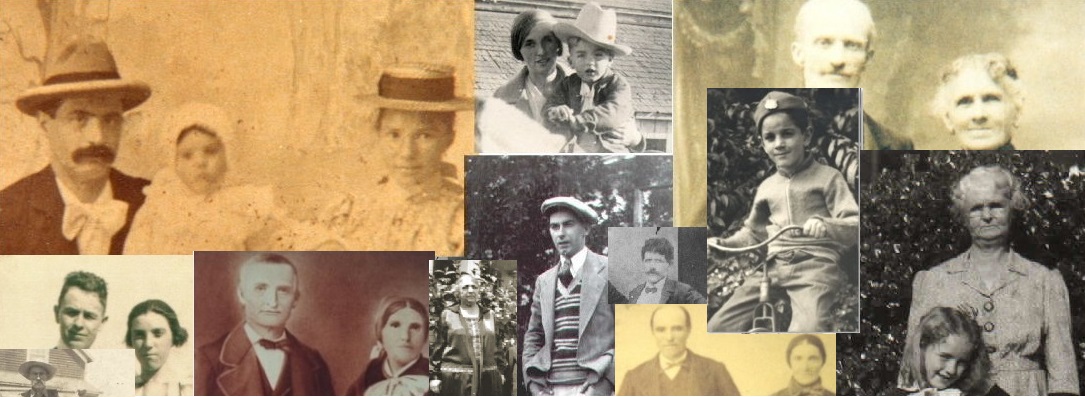I hate to break the news, but genealogically speaking we are not all related. Oh, sure, depending on what you believe we have Adam and Eve or Lucy in our past. But, when it comes to genealogy research connecting us all is impossible. Even connecting everyone in the same town of village would be hard to do.
I’m reminded of this each time I see a post on one of the forums I participate in. It goes like this “I have Pacheco’s too. Are we related?” Never mind that mine went through Hawaii and then to California and yours went to Rhode Island. Never mind that mine were from Achada, Sao Miguel Island, Azores and yours were from Portugal. We’ve got the same surname, right?
Wrong! Especially wrong when it comes to people born before 1750 or so. We see surnames as a permanent, finite thing. I have my Dad’s surname, he has his Dad’s surname, and his Dad had his own Dad’s surname. But go back just a generation or so and you find maternal surnames given to children. You see children who got their Godparent’s surname. You even find children being given the surname of another relative, a prominent person in the village, or a close family friend. You might see compound surnames that come and go. You may see a nickname adopted as a surname. I’ve seen this in Portugal and a little in France. I am sure that it was common elsewhere too.
Though more common before 1750, you can find it after 1800. My de Mello’s mysteriously became Castanho’s sometime around 1830. They are not related to any other Castanho’s unless they came from the village of Maia on Sao Miguel Island.
The issue is even more complicated when it comes to females. In France, I was happy to see that females are recorded with their maiden names in most records. But, in the Azores many times women are recorded with no surname at all. They could be recorded with their religious name (dos Anjos, da Conceicao, etc.) And, these religious names can change over a woman’s lifetime. This makes researching difficult. It would be easy to connect to the wrong couples or think your ancestor had two wives when it might be the same woman using different religious names at different times in her life.
This may seem rather frustrating and confusing to a genealogist. It is. But it tells us something about the people we are researching, the cultural rules behind naming, and how they viewed surnames. It tells me that having proof of identity probably wasn’t that big of a deal a hundred or two hundred years ago. You might even go through life never even having to sign your name to anything (you probably did not know how to anyway).
I am going to admit that when I first began researching I also held this same myth that all people with similar surnames were related in some way. It was partly due to the fact that I knew no other Pacheco’s. My knowledge of geography and how surnames worked in each region was non-existent. But, I learned. Now it feels rather silly to even have assumed that those connections existed merely based on a surname. But, we all have to start somewhere.
It would be much easier if say, all the Pacheco’s on Kauai came from the same line, but they don’t. It would be really nice if all the Kelly’s in San Francisco had a common ancestor. But, it’s not true. All surnames will have many roots leading all over. This is why it’s so important when posting online to be specific. Give the names, the places, and the time frames. Tell people something that will help them connect with your lines. Although we aren’t all related, there a many people out there researching–and, one of them might be your cousin.
Inconsistent surnames are just another fact of life when it comes to genealogy. Confusing, but not necessarily impossible to overcome.






